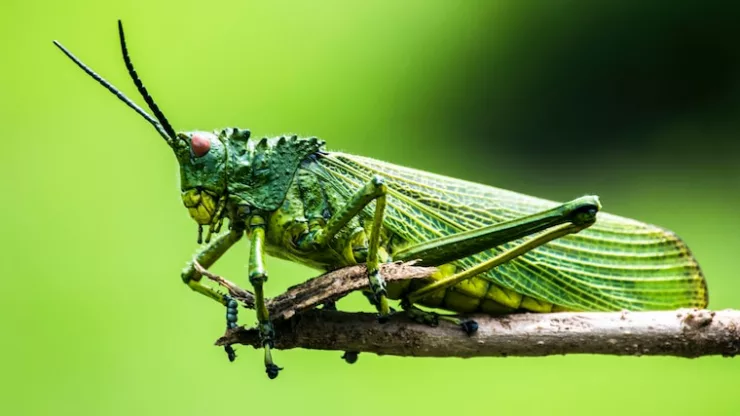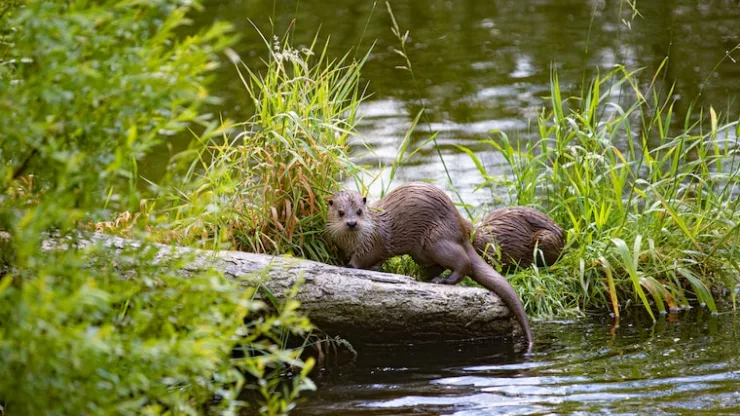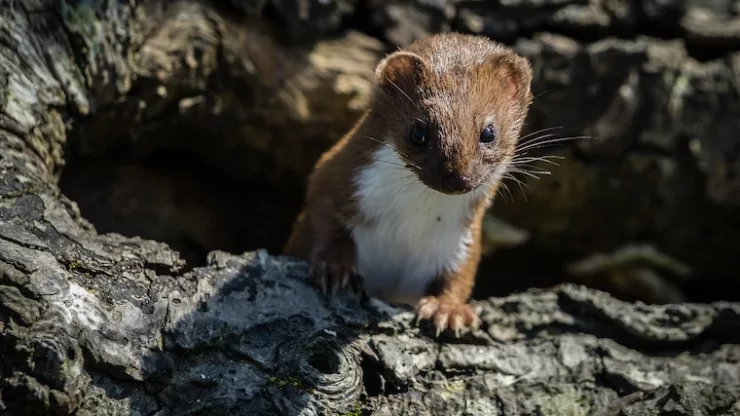Insects play a vital role in maintaining the balance of ecosystems. They are crucial in pollination, decomposition, and pest control.
In urban areas, insects are often overlooked or seen as nuisances, but they serve a critical function in maintaining the health and wellbeing of the environment.
This article will explore the role of insects in urban ecosystems, the threats they face, and how we can support their populations.
Jump to Section
Introduction
Why Urban Ecosystems Matter?
Urban ecosystems are essential for the overall health of the planet.
They provide a home for millions of people and support biodiversity by creating habitats for various plants and animals.
However, urbanization often leads to habitat loss and fragmentation, which can negatively impact the environment.
It’s important to understand the role of insects in urban ecosystems to promote sustainable living and preserve the natural world.
The Importance of Insects in Urban Ecosystems
Insects are essential for maintaining the balance of ecosystems. They provide a range of ecological services, including pollination, decomposition, and pest control.
Without insects, many plant species would not be able to reproduce, and the nutrient cycling process would break down, leading to a decline in soil health.
Insects in Urban Areas
Types of Insects Found in Urban Areas
There are numerous types of insects found in urban areas, including bees, butterflies, moths, ants, spiders, and beetles.
Each of these insects serves a critical role in the ecosystem and contributes to the overall health of the environment.
Factors that Affect Insect Populations in Urban Areas
Several factors affect insect populations in urban areas, including habitat loss, pesticide use, and light pollution.
Urbanization often leads to the destruction of natural habitats, making it difficult for insects to thrive.
Pesticides and insecticides are commonly used in urban areas, which can negatively impact insect populations.
Additionally, light pollution can disrupt the natural behaviors of insects, such as their reproductive cycles and feeding habits.
The Role of Insects in Urban Ecosystems
Pollination
Pollination is the process by which plants reproduce. Insects like bees, butterflies, and moths are essential for pollinating plants, allowing them to produce fruits and seeds.
Without pollinators, many plant species would not be able to reproduce, leading to a decline in biodiversity.
Decomposition
Insects are essential for the decomposition process, breaking down organic matter and returning nutrients to the soil.
This process is crucial for maintaining soil health and promoting the growth of new plants.
Pest Control
Insects like ladybugs and praying mantises are natural predators and help control pest populations.
They feed on insects that damage crops and other plants, reducing the need for harmful pesticides and insecticides.
Threats to Insect Populations in Urban Areas
Habitat Loss
Urbanization leads to habitat loss, making it difficult for insects to find suitable homes and sources of food.
Destroying natural habitats can lead to a decline in insect populations, negatively impacting the ecosystem.
Pesticide Use
Pesticides and insecticides are commonly used in urban areas to control pest populations. However, these chemicals can also harm beneficial insects, leading to a decline in their populations.
Light Pollution
Light pollution can disrupt the natural behaviors of insects, leading to a decline in their populations.
For example, artificial light can disrupt the reproductive cycles and feeding habits of insects like moths and fireflies.
How to Support Insect Populations in Urban Areas
Creating Insect-Friendly Habitats
Creating insect-friendly habitats can help support their populations in urban areas.
Planting native flowers and plants can provide a source of food for pollinators, while leaving dead wood and leaf litter can provide habitats for insects like beetles and spiders.
Reducing Pesticide Use
Reducing pesticide use can help protect beneficial insects from harm.
Using natural pest control methods like companion planting and integrated pest management can help reduce the need for harmful pesticides and insecticides.
Reducing Light Pollution
Reducing light pollution can help support the natural behaviors of insects.
Turning off unnecessary outdoor lights and using low-intensity lighting can reduce the negative impact of light pollution on insect populations.
Supporting Insect Populations in Urban Areas
The Importance of Insects in Urban Ecosystems
Insects play a vital role in maintaining the balance of urban ecosystems.
They provide ecological services like pollination, decomposition, and pest control, and without them, the environment would suffer.
How We Can Help Support Insect Populations in Urban Areas
Creating insect-friendly habitats, reducing pesticide use, and reducing light pollution are all ways we can help support insect populations in urban areas.
By promoting sustainable living and preserving the natural world, we can create a healthier and more vibrant environment for all living things.
FAQ
What are some common types of insects found in urban areas?
Common types of insects found in urban areas include bees, butterflies, moths, ants, spiders, and beetles.
What are some factors that affect insect populations in urban areas?
Factors that affect insect populations in urban areas include habitat loss, pesticide use, and light pollution.
Why are insects important in urban ecosystems?
Insects are important in urban ecosystems because they provide ecological services like pollination, decomposition, and pest control. Without insects, the environment would suffer.
I’m a nature enthusiast and creator of Metro Wilds and have spent years exploring the great outdoors.
With a passion for environmental conservation and sustainability, I have dedicated my career to writing about the beauty and wonders of nature, as well as the threats facing our planet.
Contact me at [email protected] for assistance.





